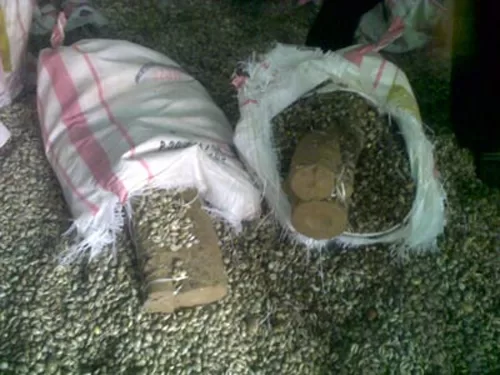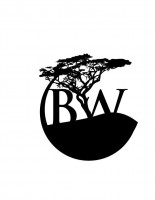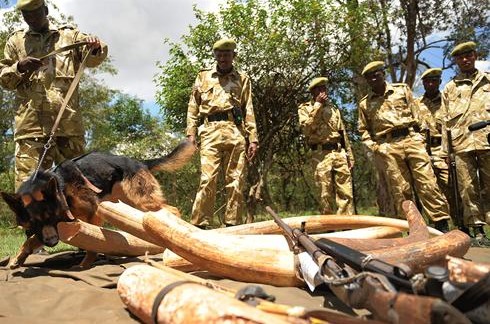The Lusaka Agreement on Co-operative Enforcement Operations Directed at Illegal Trade in Wild Fauna and Flora was the brain-child of Wildlife Law Enforcement Officers from eight Eastern and Southern African countries meeting in Lusaka, Zambia in December 1992, under the auspices of Zambia’s Ministry of Tourism. This was followed up with working group meetings involving CITES, Interpol and US Fish & Wildlife Service special agents, as well as London University lawyers of the Foundation for International Environment Law Development (FIELD). The development of this African initiative a year later led to formal inter-governmental negotiations under the auspices of the United Nations Environment Programme (UNEP). This led to the adoption of the Lusaka Agreement on Co-operative Enforcement Operations Directed at Illegal Trade in Wild Fauna and Flora on 8th September 1994, with UN Secretary General, New York the Depositary.
The Agreement came into force on 10th December 1996 with the ratification, or formal acceptance, by four signatories. Currently, there are six Parties to the Agreement: The Republics of Congo (Brazzaville), Kenya, Tanzania, Uganda, Zambia and the Kingdom of Lesotho. Republics of South Africa, Ethiopia and the Kingdom of Swaziland are signatories.
The Agreement provides for setting up of a permanent Task Force that would implement its objectives. Consequently, the Lusaka Agreement Task Force (Task Force) was launched on 1st June 1999, with its headquarters located in Nairobi, Kenya.

The Lusaka Agreement Task Force (LATF) working jointly with the Tanzania Wildlife Division (TWD) and Interpol National Central Bureau (NCB) Dar es Salaam on 17th December, 2009 managed to arrest the main suspect in connection with illegal export of 769 pieces of elephant tusks, weighing 2005.6 Kg seized at the port of Hai Phong, Vietnam in August 2009. The contraband was disguised as sea shells and believed to have originated from Zanzibar. This arrest followed intensive investigation coordinated by LATF that started in September 2009. The arrested suspect Ramadhani Pandu Makame (alias Babu Rama) was indicated the exporter on the contraband’s accompanying documents. The investigation (ongoing) has also enabled collection of intelligence on the modus operandi, trade routes and possible destinations of elephant tusks in the Far East from the Region.

To learn more about the Lusaka Task Force you can visit their page on Wildlifedirect or their homepage.

